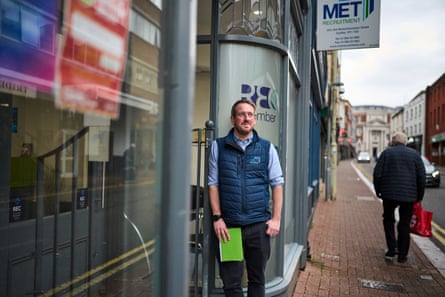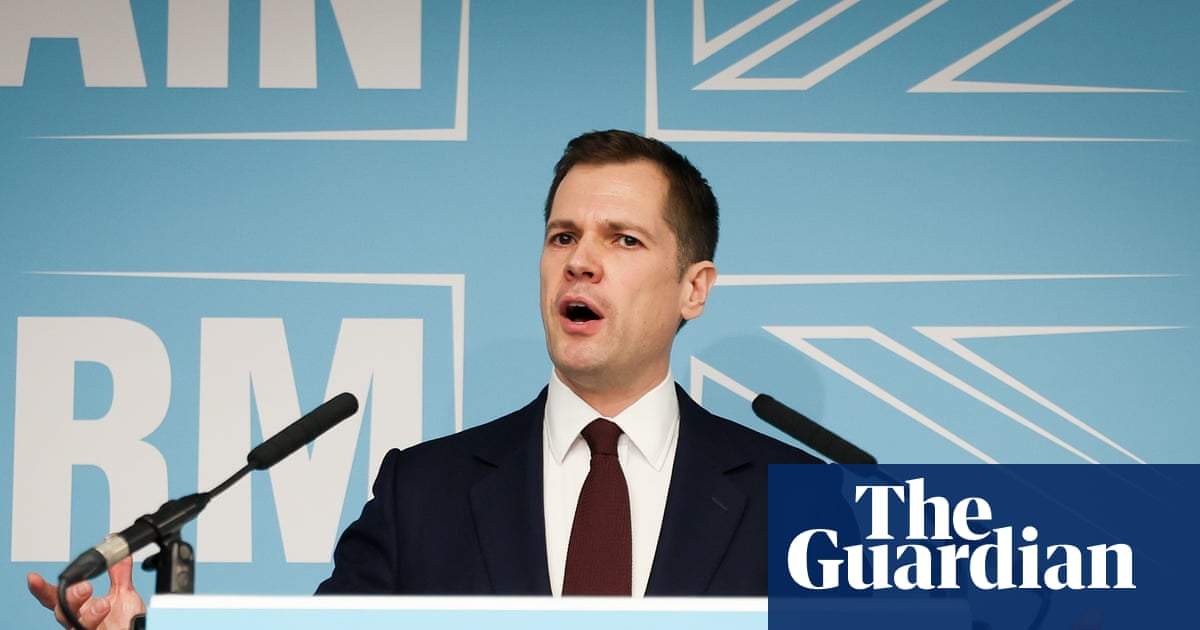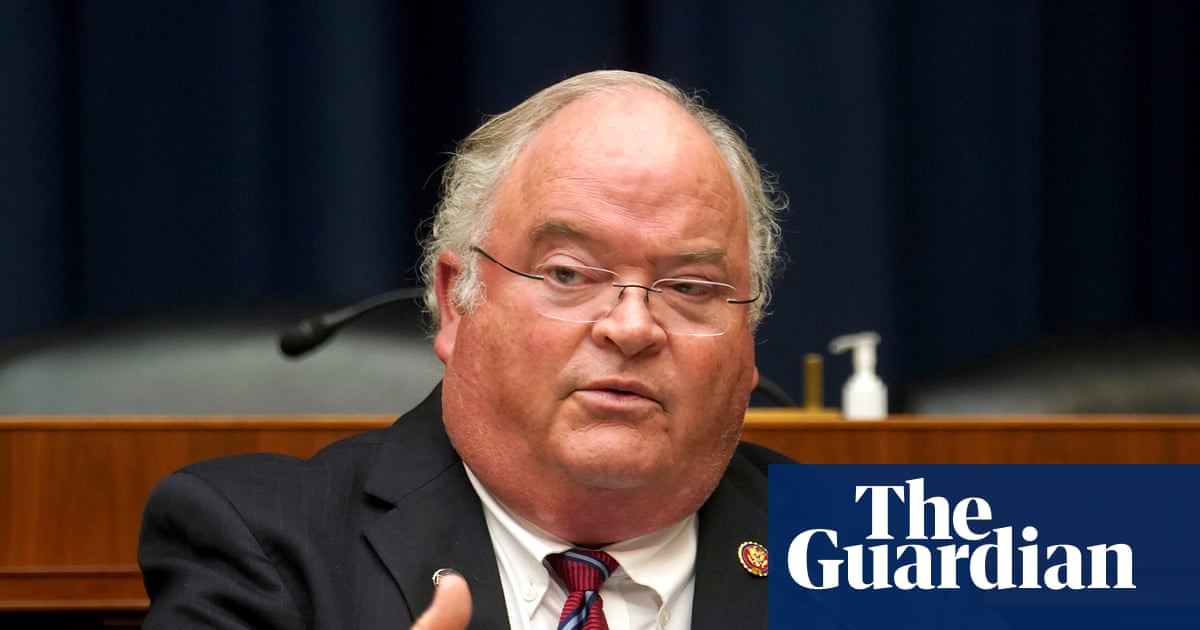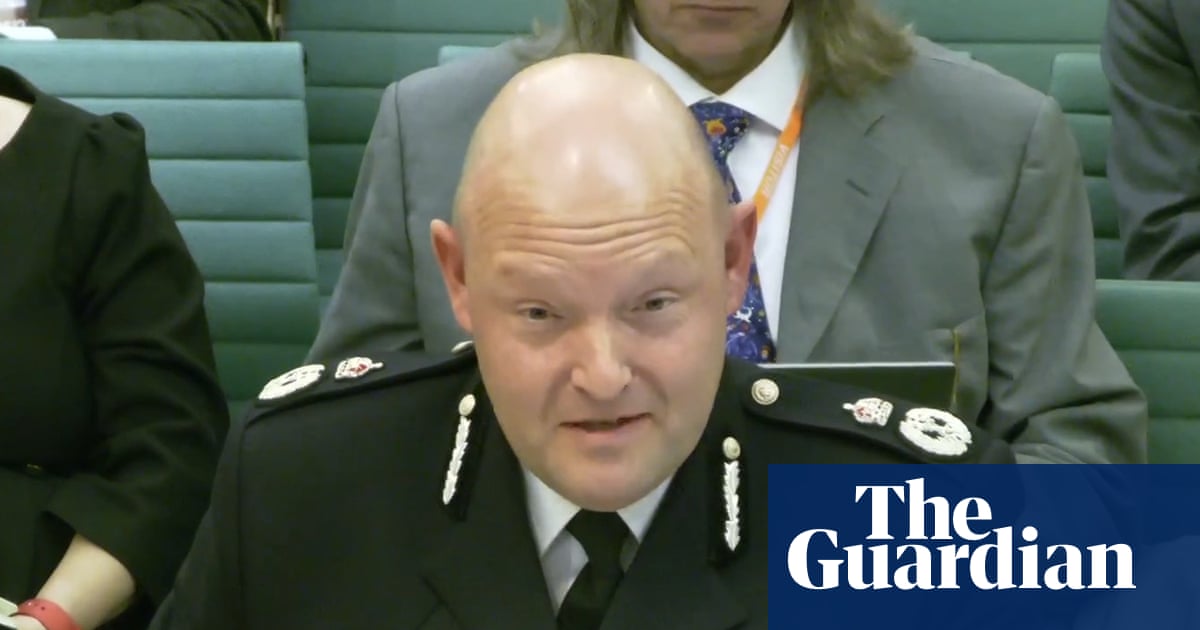It is a rainy day in Dudley, and Alex Jones and his friends are taking shelter under some trees in the car park of the local college of technology. Clad in blue overalls on a mid-morning break from class, the students are hopeful their automotive qualifications will stand them in good stead for finding work.
Here in the heart of the Black Country, however, that is not always guaranteed. “Trying to find a part-time job is like trying to find a needle in a haystack,” says the 17-year-old trainee mechanic.
“They don’t care what grades you have, they just want experience,” chimes in Thomas, his course mate. Derek Fowkes agrees: “Teenagers end up working in KFC or McDonald’s.”
Dudley is at the centre of a youth jobs crisis sweeping Britain. Across the country, almost a million 16- to 24-year-olds are not in education, employment or training (Neet). One in five school-leavers aged 16 and 17 in the West Midlands town are in this position, the highest rate in England.
At the autumn budget later this month, Rachel Reeves is expected to outline how the government plans to turn the tide. While she is widely predicted to announce a tough package of tax rises and spending cuts, the chancellor will need to keep some firepower in reserve to tackle rising unemployment.
Having promised a “youth guarantee” at Labour’s party conference in in September, she is expected to spell out how it will work in practice and make the financial backing available. Reeves is also being called on to boost growth by raising investment in skills, training and apprenticeships.
This week, Charlie Mayfield, the former John Lewis chair, highlighted the scale of the challenge for the chancellor. Britain is “sliding into an economic inactivity crisis” that threatens growth, prosperity and the future of public services, he warned in his landmark Keep Britain Working government review. Young people in particular are exposed.
“If a young person leaves the workforce in their 20s they can lose out on over £1m in lifetime earnings. They will probably cost the state a similar amount,” he told the Guardian.
“The loss to you individually, financially, is enormous. And that is before you get to the issues around life chances and social consequences, which are absolutely colossal. We need to fix that.”
After a tough first year in power, however, Reeves faces stiff criticism that her economic management has made matters worse. The chancellor’s £25bn increase in employer national insurance contributions (NICs) at last year’s budget and a 6.7% increase in the minimum wage have dented hiring demand. Bosses warn Labour’s plan to upgrade workers’ rights will have a further impact.
From the vantage point of his office in the centre of Dudley, Matthew Hunter, the industrial director of MET Recruitment, can see first-hand the impact Reeves’s tax measures have had on the local jobs market.
“The effect it’s had on SMEs has been phenomenal. When it came out in the budget, people hadn’t planned for it. And all of a sudden, it was like: ‘boom’ – it’s costing more now to employ people.”
For workers aged under 21 and apprentices under 25, there are no employer NICs payable below annual earnings of £50,270, in an incentive for firms to take on younger employees. However, driving up employment costs has hit hiring demand at employers that typically take on more younger adults than most: hospitality, leisure and retail.
This week, Nigel Farage said a Reform UK government would consider cutting the minimum wage for young people to boost hiring. The Resolution Foundation, which has close links to Labour, has also urged Reeves to break a manifesto promise to abolish youth rates of the minimum wage.
Hunter thinks it would be a bad idea. Most of his clients pay at or above the current £12.21 adult minimum wage as standard. “I’ll try and stay away from anything that man [Farage] says. But I don’t think it would help.
“It sounds more like a gimmick, and opens the door to so much abuse.”

Still, action is required. Labour has targets to eradicate long-term youth unemployment and to get 2 million more adults into work to hit an employment rate of 80% – up from 75% before Keir Starmer’s election victory.
In his first year, however, 100,000 jobs have been lost from company payrolls, and unemployment has jumped from 4.1% to 4.8% – driven in part by a faster rise in youth unemployment. Meanwhile, one in five working-age adults are neither in a job nor looking for one, and the employment rate remains stuck at 75.1%.
This week, the Bank of England warned unemployment could soon breach 5%. Excepting the Covid pandemic, that would be the highest rate in a decade: hardly an ideal situation for a government targeting a jobs-rich growth boom.
“It’s a concerning moment,” says Barry Fletcher, the chief executive of the Youth Futures Foundation charity. “I am a little reticent to use the phrase ‘crisis’, because it’s used all the time. But I’d say it’s rising.
“There is a very strong acknowledgment from the government that this is something, fundamentally, where they have to take action. Hitting that 80% target is only achievable if you can improve the situation for young people.”
It could also come with a big economic prize: Youth Futures estimates that cutting Neet rates to match the levels in the Netherlands could add £86bn to the economy in the long term.
For growing numbers of young people who are Neets, their inactivity is down to disability and ill-health. More than a quarter are in this position, in a figure that has more than doubled since 2005.
Covid pandemic lockdowns had a big impact – disrupting the critical years of education for millions of young people, hitting their social development, and limiting work experience opportunities.
Fowkes says the closure of his school during the height of the health emergency amplified his issues with dyslexia, autism and ADHD. “It was absolute bollocks, because I failed my exams because of that.
“It [the Covid pandemic] definitely had an effect.”
Earlier this year, the West Midlands was picked among eight areas for “youth guarantee trailblazer” schemes, launched by ministers with £45m of financial backing to link health and jobs support. Two programmes in Dudley – “ICAN” and “Step up Dudley” – have backing to support 90 young people as a result.

Richard Parker, the Labour mayor of the West Midlands, says this work with the government is crucial after years of young people being neglected by the Conservatives. Dudley still bears the scars of deindustrialisation four decades ago under Margaret Thatcher.
“The impact of that wasn’t just those jobs going, but for subsequent generations. They’re structural and deeply embedded issues. And we had a lack of focus on them for too long,” he says.
“But we are addressing it. There is a moral case and an economic case: we can’t afford to have so many young people who are feeling we have written them off.”
Viv Webb, who helps to run the ICAN programme – operated by Dudley council and the NHS – left school during the 1980s recession when unemployment topped 3 million – and herself benefited from a council jobs programme.
“It was very much the change from our industrial past to the brave new world, and I think now we’re facing similar things. Our young people aren’t getting enough opportunities with employers.”
Jake Rowe, 23, is one young person who has benefited. He found himself on universal credit after leaving college, but after the ICAN programme is now in a job at Dudley council in children’s services. He knows first-hand how hard being young and on benefits is.
“I was on the dole for over a year and honestly it wasn’t nice. You don’t get a lot of money. Obviously you’re looking for jobs, applying for things, and people don’t get back to you.”
In Dudley town centre, Hunter hires about 350 temporary and permanent staff a week. He says many youngsters leaving school are unaware of the work available in Dudley, where there are more openings in manufacturing and logistics than technology or finance.
Those wanting an office job might need to crawl through traffic on a bus to Birmingham, he says – at least while Dudley awaits the completion of its long-delayed tram link to the city.
“It’s kind of like you see in Peaky Blinders; foundries, and stuff like that. I’m not too sure people of that age a) want to go into that line of work, but b) are aware that you can work your way up in them.”
The students in the town centre are unanimous that Dudley has its challenges.
“I wouldn’t recommend coming here in the dark,” says Alfie Aston. He and his classmates, walking out of the college of technology in their mechanics overhauls, say Dudley – like many poorer towns in Britain – is “50-50” to grow up in.
However, the students are also hopeful their qualifications will be a route to success.
“It can definitely be hard to find work sometimes, especially being a young person with no experience,” says Aaron Hackett. “But studying this course, it’s one of the best trades. There are lots of places you can go.”

 2 months ago
58
2 months ago
58

















































